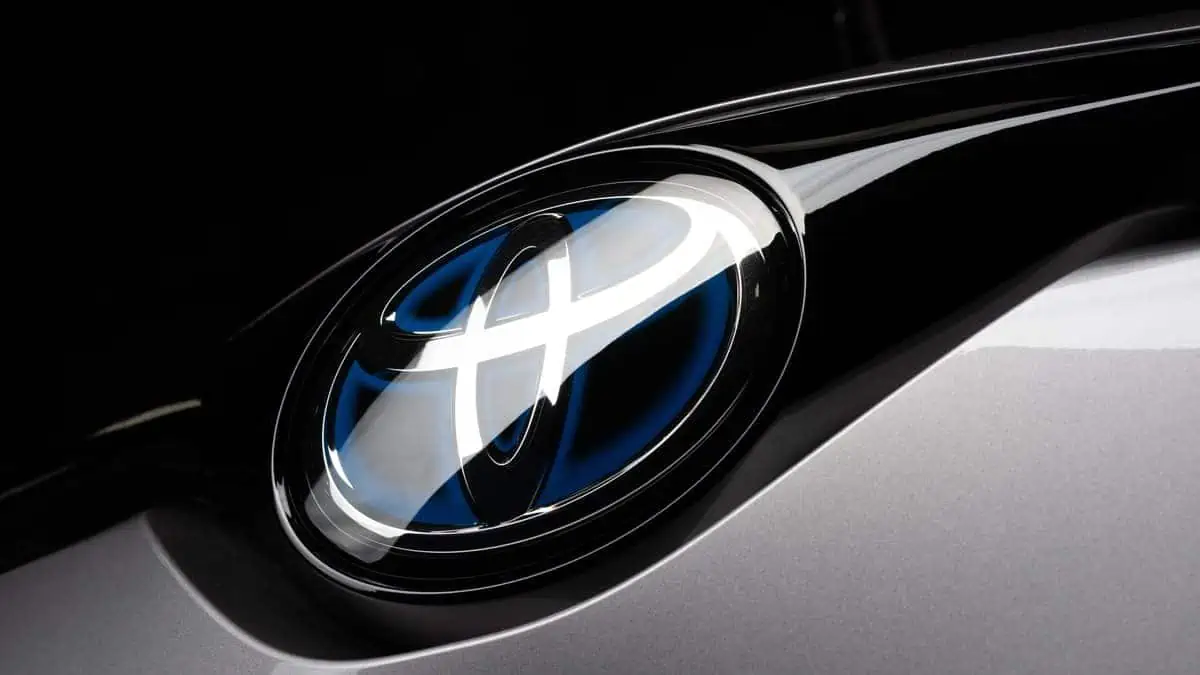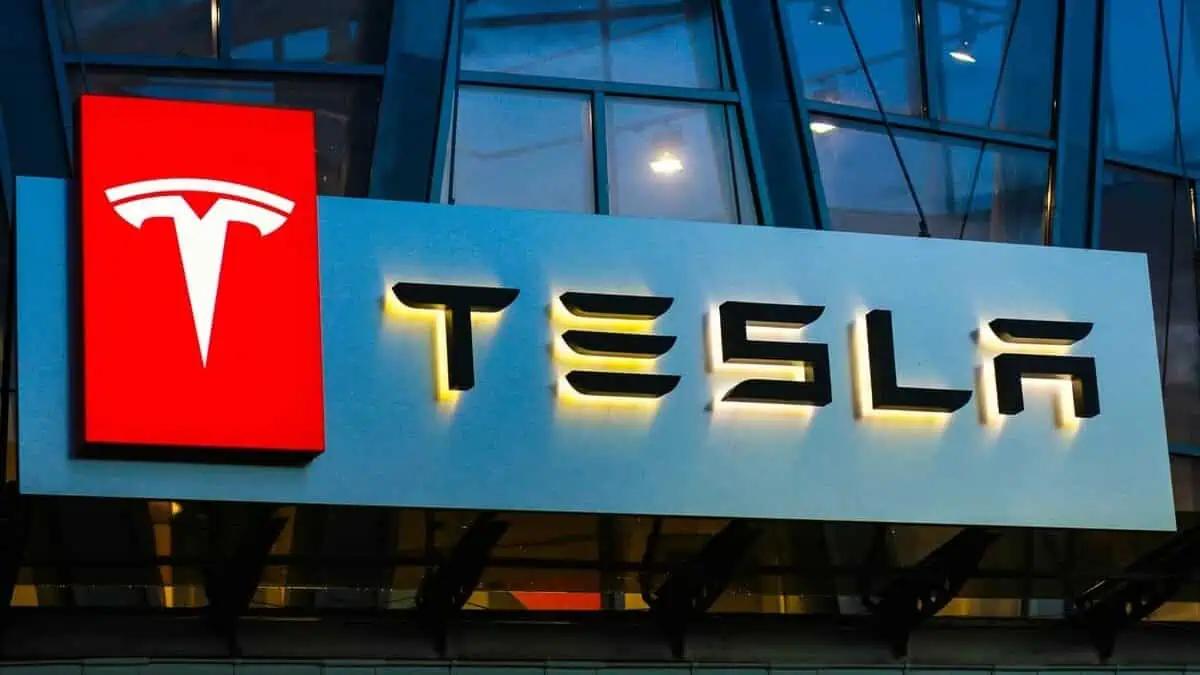Japanese automakers continue to boost their electric vehicle investments despite the current market slowdown, Bloomberg reports, citing company executives’ remarks this earnings season.
Japanese brands’ strategy
The market slowdown did not surprise the Japanese automakers, as they apparently already knew that customers were not yet ready to fully adopt electric vehicles.
As noted by Nissan Motor Chief Financial Officer Stephen Ma, customers determine the speed of electric vehicle uptake.
“The customer decides the speed of electrification. Electrification is not linear growth, a straight line. It will go up and down. But long term, it will grow.”
Nissan Motor Chief Financial Officer Stephen Ma
True enough, even some major electric automakers like Tesla have been adjusting their set EV guidance due to the waning demand.
Market situation
Some of the factors affecting the market slowdown include high inflation and interest rates, which continue to make electric vehicles unaffordable for most customers.
In effect, customers’ interest shifted to other alternatives like hybrids. It is also worth noting that the weaker yen amplified profits throughout the country’s auto sector, which gave automakers more time to boost production capacity and develop electric vehicles at a more strategic momentum.
“There is always the danger that a hybrid becomes so attractive to an incumbent like Toyota that they get trapped in it as well and, therefore, are too slow to respond to the disruption. There was a time when I worried this would be the case for Toyota.
But now we are seeing a slowdown in the adoption and enthusiasm for EVs among consumers, so perhaps it is a wise strategy.”
Nathan Furr, Insead Business School’s Professor of Strategy
Investments
Honda CFO Eiji Fujimura reportedly asserted this month that the Japanese legacy automaker already expected a slowdown in electric vehicles. Nonetheless, he noted that “electrification must go forward” to reach their environmental targets. Therefore, Honda aims to continuously intensify their electrification efforts.
Subaru Executive Vice President Tomoaki Emori also stated that the automaker considered that the market would hit a growth plateau during its planning stage for its ¥1.5 trillion ($10 billion) electrification investment.
Meanwhile, Nissan invested ¥2 trillion in 2021 to fund its electrification initiatives in five years. CFO Ma even asserted that the automaker will continue to invest in the industry to deliver the right EV models to its buyers.
On the other hand, Toyota continues to push for hybrid electric vehicles as battery-powered alternatives. It now aims to deliver 5 million HEV models per year by 2025, one year ahead of the original plan.
Nonetheless, Toyota CFO Yoichi Miyazaki clarified that the Japanese brand still aims to establish a complete electric vehicle portfolio with BEVs, PHEVs, and HEVs. By doing so, Toyota will be ready to match the varying customer preferences.






